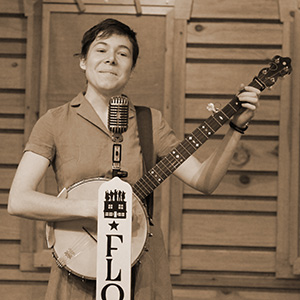How to Write a Ballade Poem

For many centuries, ballads have been telling stories through songs in many parts of the world. They have the ability to lull you into a relaxing state, like any amazing song would do, through repeating rhymes, simple rhythm and a refrain.
Ballads can be so rhythmic and melodious that they are specifically written as lullabies for children, with parents singing them in order to make their children sleep.
Ballad poems are fun to write because the story is told in a simple language. However, making sure that it keeps to the rhythm and rhyme is the challenging part in it and can only be learnt through practice and experience.
Things Required:
– A notebook
– Ballad books
– Pen
– Computer
– Internet connection
Instructions
-
1
Read more and more ballads
Instead of just listening to ballads, you should go through the written forms and read different examples. This would be quite an enjoyable experience while allowing you to feel for the rhythm and the rhyme at the same time. In the modern world, you can find many ballad books in bookshops or libraries. -
2
Build a story to tell
As mentioned earlier, ballads are used for storytelling. Therefore, before you write a ballad poem, it is imperative that you build up a story in your mind. Instead of just imagining a story, it is recommended that you write it down on a piece of paper. You may find many websites about ballads and how they have evolved over the centuries. -
3
Rhyming scheme
You should now decide the rhyming scheme of the ballad. Keep in mind that the 2nd and the 4th line of each stanza need to rhyme. Choosing between ‘abab’ and ‘abcb’ structures is completely your choice. -
4
Rhythm scheme
For your rhythm scheme, you may use six to eight syllables. Eight-syllable lines are easier as compared to the six-syllable lines. -
5
The element of humour
There must be an element of humour in your ballad. Ballads have a long and rich history of bawdy humour. In the previous centuries, ballad singers in London used to tell the mischief of Robin Hood and Puck. -
6
Tap into folklore
It must be remembered that Ballads are a great source to tell folk tales, which can be a delight for people of all ages. You should make an effort to write a ballad poem that is related to your local and ethnic tales and legends.



